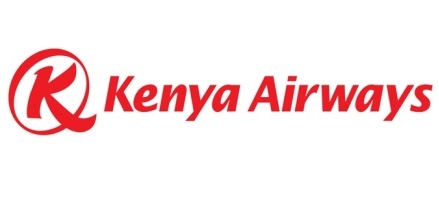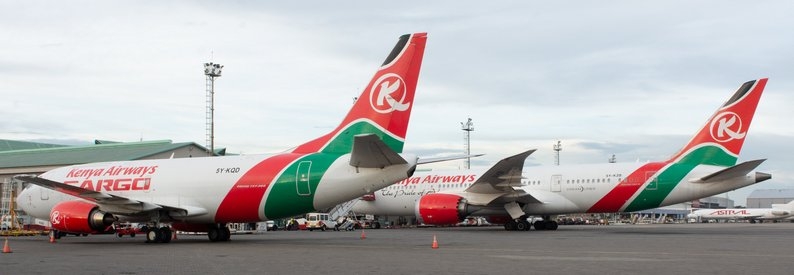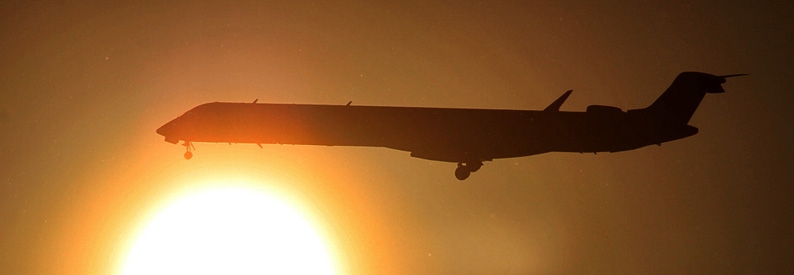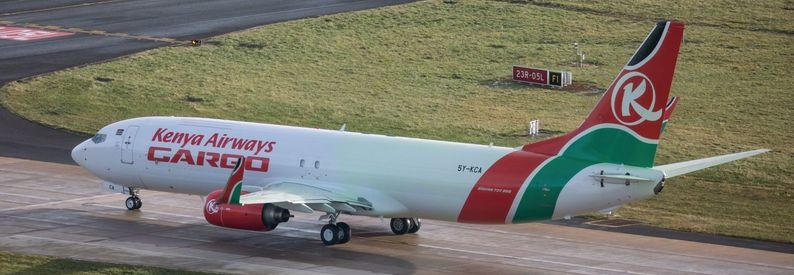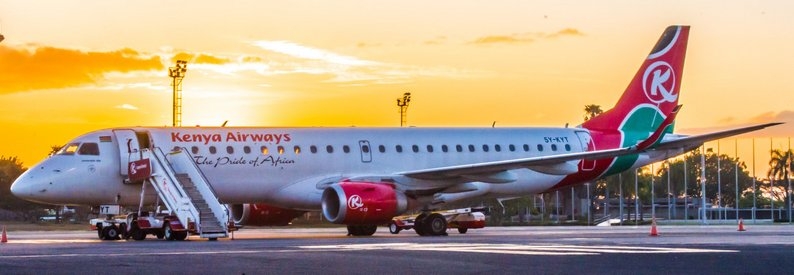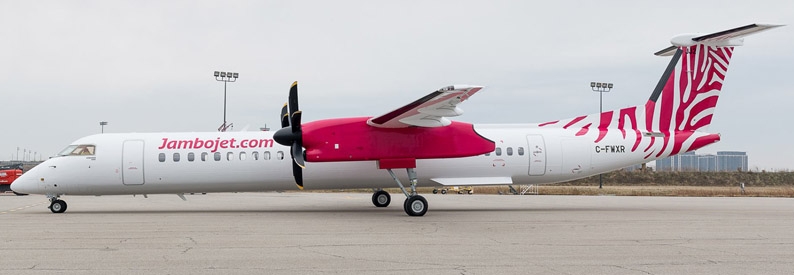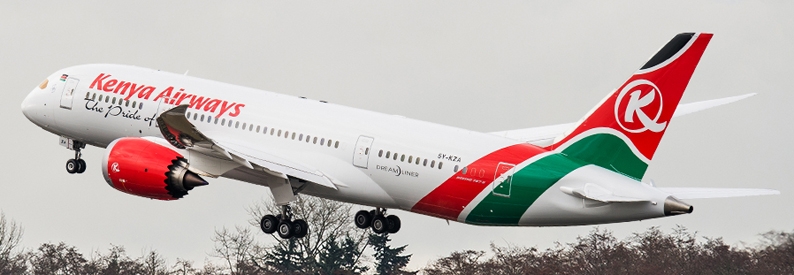The Board of Kenya Airways (KQ, Nairobi Jomo Kenyatta) has urged the country’s National Assembly to fast track the nationalisation of the airline by approving the National Aviation Management Bill, 2020, reports Capital FM in Nairobi.
The Bill is pending despite having been gazetted more than a year ago, on June 15, 2020. Under its terms, the government, which holds a 48.9% stake in Kenya Airways, proposes to fully re-nationalise the flag carrier by creating a National Aviation Council and a holding company, Kenya Aviation Corporation, that will house three subsidiaries: Kenya Airways, the Kenya Airports Authority, and an investment arm, the Aviation Investment Corporation.
Last year, members of parliament halted debate on the bill on the grounds that it needed more public input, delaying initial plans for the nationalisation of the airline by October 2020. As a result, the Nairobi Securities Exchange (NSE) also extended the suspension from trading of Kenya Airways shares for an additional nine months with effect from April 5, 2021.
Capital FM reports Kenya Airways chairman Michael Joseph said the airline, in the meantime, was exploring other options. “The nationalisation process is out of our control...in the meantime, we continue to look for other alternative ways in which we can ensure the future of Kenya Airways,” he said. “The consolidation in the airline industry is what is going to happen. In our world and in Europe, you will see more consolidation happening. We need to look at these opportunities and explore them as they come our way,” he added.
The carrier recently awarded London-based Steer Group a contract to review its turnaround strategy.
The airline reported a loss of KES36.2 billion shilling (USD335.8 million) in the 2020 financial year. Revenue had dropped by 59% to KES52.8 billion (USD494 million), mostly attributed to the shutdown of its operations between April and August 2020 due to the pandemic. The airline needed KES55 billion (USD515 million) to survive this year.
Chief Executive Officer Allan Kilavuka told Bloomberg in an interview that the government should step in to repay USD750 million of state-guaranteed debt to help the East African carrier emerge from the COVID-19 crisis.
As reported, the airline has been trying to extend moratoria on the repayment of loans from various lenders, including local and international banks. It is scheduled to resume repayments of its sovereign-backed debt in July 2021, after a moratorium negotiated with lenders following the grounding of most international travel a year ago was extended in October 2020 by another nine months to the end of June 2021.
“The bigger discussion, though, is how do you actually restructure that debt,” Kilavuka said. “For us to do that, we need government support because, as you know, they have guaranteed quite a lot of our debt. There is a discussion around that.”
Kilavuka said Kenya Airways plans to grow passenger revenue from charter flights five-fold to 10% by the end of 2021 and has set up a new unit to operate drones. “The good thing with charters is that the margins are better, and they are more predictable,” he said. “We have noticed that business people are now more careful about travel, so some of them would prefer to do charters.”
Kenya Airways has also begun piloting unmanned aerial vehicles through a unit known as Fahari Aviation, to cater to surveillance and emergency response needs, among other uses, Kilavuka said. The service has been used by the Kenya Wildlife Service to conduct a census at a national park and by Kenya Electricity Generating Co. to inspect turbines at a power plant, he said. The service would need a budget of USD1 million to be fully functional, Kilavuka said.
Meanwhile, Business Daily in Nairobi reports Kenya Airways will delay paying salaries for June due to cash-flow problems. The airline last week reportedly informed 3,652 workers through e-mail of pay delays, promising to make payments by July 9, 2021. This followed another round of pay cuts in January 2021 of between 5% and 30% for six to 12 months, with a quarterly review of the proposed pay variation.
- Type
- Base
- Aircraft
- Destinations
- Routes
- Daily Flights
